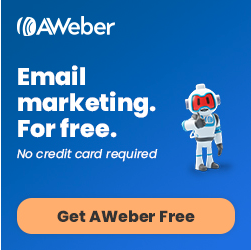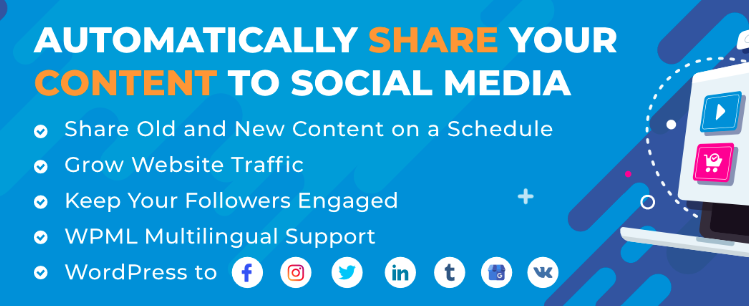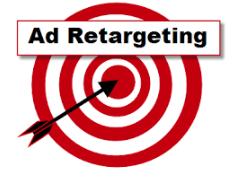Trading time for money vs online income, what’s the difference? Most people are trading time for money in traditional employment. You work a certain number of hours for a certain amount of money. The problem is there’s only so many hours in a day, so you can only earn so much.

When you hit the later years in life that realise that you want your life back! You want more time and the money to do with it what you want! But there’s a problem. You must keep turning up to work over and over, no matter how many other things you’d rather do! If you quit your job, you can’t support your lifestyle.
There’s an answer which can get you out of your job before retirement and it’s the internet. With the internet, you can get paid for selling other people’s products and services. This is a business model known as affiliate marketing.
With affiliate marketing you can choose almost any product and sell it. There’s no need to speak directly to customers or hold any products. You can sell products directly from links, affiliate links to be precise.
Trading Time For Money Vs Online Income
Through the sale of products and services online, you can escape the time for money conundrum. In a job, there’s only so much you can earn because there’s only so many hours in the day. With an online business, you can sell products over and over again, and there’s no limit because you have a global audience at your fingertips. Plus, selling products online isn’t dependent on your time and the process can be completely automated. That means you can sell products while you sleep, while you’re on holiday or even while you’re doing you 9 to 5 job.

An online income can be built up around your existing job so that over time your online income can slowly replace your existing income. Once your online income overtakes your employment income, you’re in a great position if you want to quit your 9 to 5! Many people dream of living a life on their own terms, travelling and spending more time with their family. But most never are able to do it beyond the remit of their 2 weeks holiday a year from their employment income.
With an online income, you can get paid for selling products and services and automate the process so your income isn’t dependant on your time.
Trading Time For Money Vs Online Income – Getting Started
Before you can earn an income online, you’ll need to set up some infrastructure and learn the strategies of selling online. One of the main ways to do this is through email marketing. Build an email list of subscribers and offer them something valuable in return for joining your email list. As your email list grows you can earn income by promoting products which are of interest to your subscribers.

Many online business owners build their lists into the tens and even hundreds of thousands of subscribers. By sending relevant and useful information to their list, marketers can generate income through product sales.
The best thing is that this can all be done on autopilot while you’re doing other things. Once you have the infrastructure in place, you can simply send targeted traffic (website visitors) to your email list. From their the automated email messages are sent out daily to your subscribers.
Affiliate Products – What To Sell
The best products to sell are those which offer the most value to your subscribers. Products which offer the most value are the ones which tend to sell. There’s millions of products you can choose from as a product referrer (affiliate marketer). Some affiliates will head to Amazon and promote any of the thousands of products on the site. But there’s also digital products you can promote too, which offer higher levels of commission than Amazon’s physical product range.
See also best affiliate products to promote.
Certain products pay much more more than others too, such as high ticket affiliate products. Those are products which have a much larger price tag than most. You can also sell products which offer subscription payments. So you can get paid over and over for each sale you refer. These are good for affiliates because you can start earning a steady income quite quickly once you start making sales.

Summary
Trading time for money in a job can mean you feel trapped not only by the need to keep showing up but also your need for the income it provides. An internet based income can be generated around existing work through the use of affiliate products. Affiliate products are other people’s products and services which you can sell for a share of the profits.
By using automation in the sale and delivery of online products, third party referrers (affiliates) can generate an income around existing employment. Over time, this can be built up to completely replace and grow beyond what you currently earn.
Once the infrastructure is in place with an online business, it can largely run on autopilot. This means your income isn’t tied to your time, as with employment. Online business owners can travel and live anywhere providing they have access to the internet and a laptop.






















